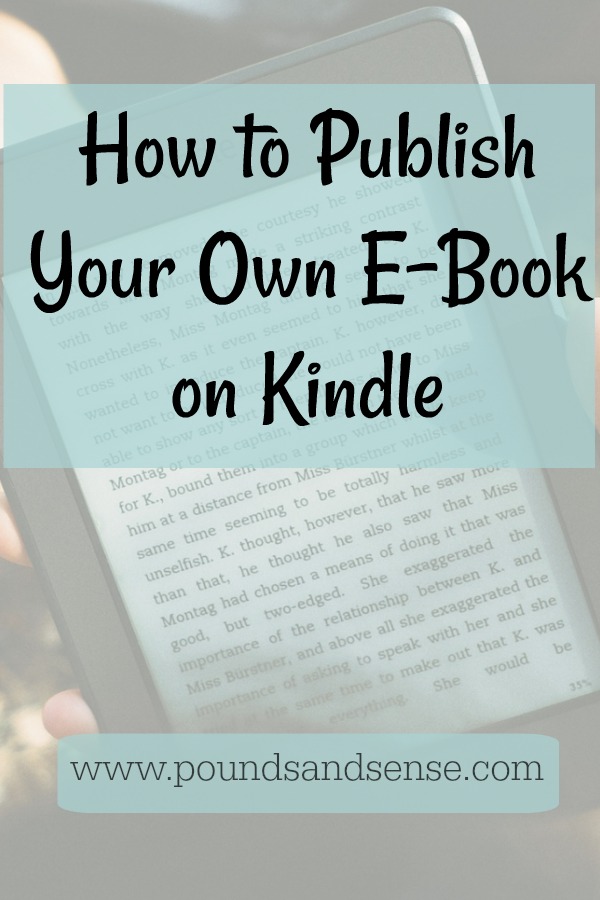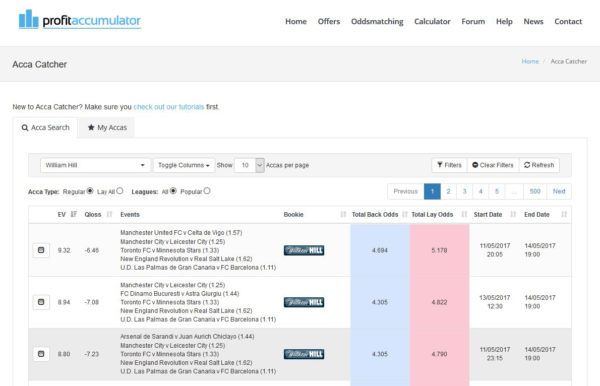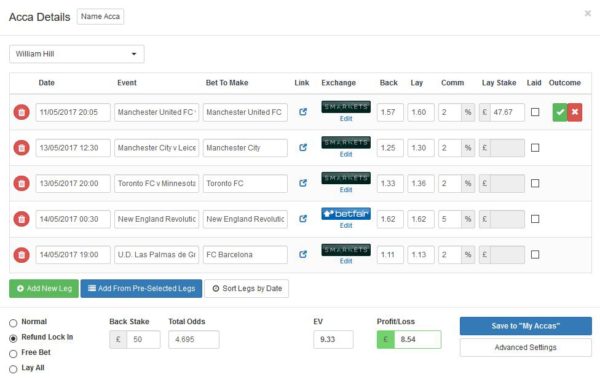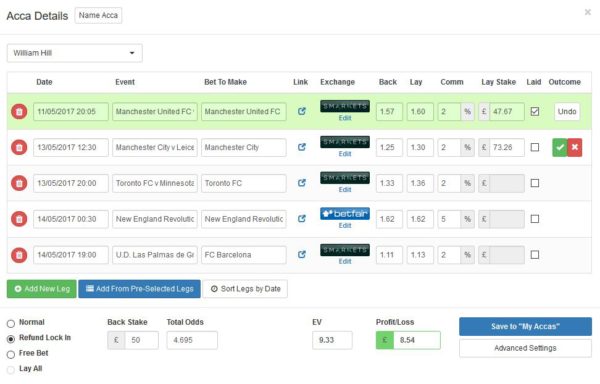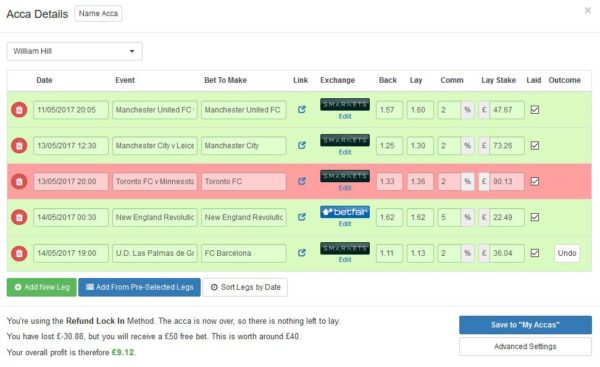Earn a Sideline Income as a Viewing Agent with Viewber
Today I want to share a sideline-earning opportunity that may be of interest if you have a bit of time available during the week or at weekends.
A company called Viewber is recruiting people to conduct property viewings on behalf of local estate agents who don’t have any staff free to do it themselves.
As a Viewber (the name is also used by the company to describe its viewing agents) you will be asked to attend a property at a specified date and time to show a potential buyer or tenant round.
You will therefore need to obtain the key beforehand (or get it from a key safe), welcome viewers when they arrive, and let them in. You then follow at a discreet distance while they look round, answer any questions they may have (or refer them to the estate agent), show them out, and secure the property again.
You are also asked to report in writing to the estate agent afterwards with any information you have gleaned about the viewers that might be useful to them, e.g. if they are cash buyers or have looked at a lot of other properties already.
Who Can Do It?
In principle anyone can be a Viewber. You need to be reasonably smart and professional looking (as with estate agents generally). And, of course, you will need a polite and friendly manner and good communication skills.
The job is popular with retired and semi-retired individuals (like many readers of this blog) who are looking to supplement their income. It also attracts quite a few people who are ex-military or police, as well as former teachers, estate agents and other professionals. But any experience working with the public will be relevant and should assist your application.
Having your own transport is clearly desirable (though you can specify how far from home you are willing to travel). You will also need a mobile phone to contact the estate agents when required.
How To Apply
Initially this is just a matter of filling in a short online application form.
Although this asks about experience and qualifications in the property field, this is definitely not a requirement (I had neither but was accepted without quibble).
You are also required to upload a photograph of yourself so that the company can see you don’t look like an escaped convict.
You can expect to receive a reply to your application within a few days. Mine came by email. I was accepted on the basis of my application and photo, without any need for an interview.
You will then have to go through the company’s vetting procedure. This involves providing a copy of your driving licence or passport and a recent utility bill or bank statement showing your name and address. You will also need to provide bank details, so they can pay you.
Once you’re fully approved, you will be able to log in to your personal dashboard on the Viewber website. Here you will be able to view a range of information, including details of any jobs you have completed so far. You can also enter on a calendar any periods you are unavailable (e.g. on holiday).
Then it’s simply a matter of waiting for invitations to arrive by email. You aren’t under any obligation to accept these if you’re otherwise engaged – but if you do want to accept, you will need to do so quickly, before the job gets taken by someone else.
What It Pays
The basic pay is £20 for a single viewing of up to 30 minutes. Additionally if you have to travel by car there is a mileage allowance of 25p a mile, or £4 travel allowance in London.
If you are conducting multiple viewings at the same time or an ‘open house’ you will be paid more, up to £135 for a full day.
Additional fees are payable for taking (non-professional) photos of the property if requested and other services such as performing a property inspection.
Top Tips
Here are a few more tips on making the most of this opportunity.
- Both viewers and agents can rate Viewbers, and this can affect the type and number of opportunities you are offered. It’s important to provide the best service you possibly can, therefore.
- You will be sent information about the property concerned beforehand, so read this carefully and make a note of any particular things a viewer might want to know about.
- There is also an online manual for Viewbers, so again read this carefully. It’s only a few pages long but covers most of the things you need to be aware of.
- Greet viewers by name and be prepared to answer any general questions they may have, e.g. about the area if you’re familiar with it. For more detailed questions about the property, though, refer them to the estate agent. If possible, phone the agent there and then on the number provided.
- Take sensible precautions to ensure your personal safety, e.g. always let someone know where you’re going and how long you expect to be out. The Suzy Lamplugh Trust has a web page listing safety devices, apps and services for lone workers.
Viewber is still new, which means there are currently more opportunities in some areas than in others. However, that does mean now is a great time to apply and start gaining experience, with the prospect of more work in the coming months as the service gains traction among estate agents.
In my view, if you want an interesting and varied sideline income stream – and enjoy meeting people and looking round houses – applying to be a Viewber has a lot to recommend it!
Note: This blog post is adapted from an article I originally wrote for the Creating Wealth newsletter.
House image © Copyright Roger Cornfoot and licensed for re-use under this Creative Commons Licence






